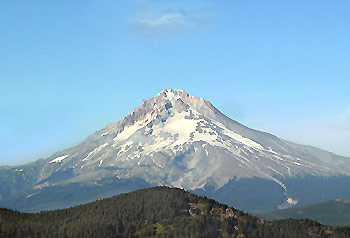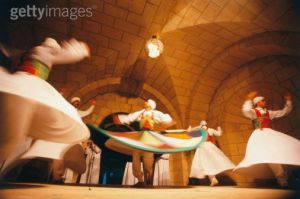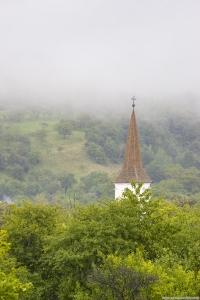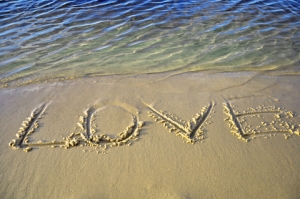FEEDING THE RIGHT WOLF
 A Native American grandfather was speaking to his grandson about violence and cruelty in the world and how it comes about. He said it was as if two wolves were fighting in his own heart. One wolf was vengeful and angry, and the other wolf was understanding and kind. The young man asked his grandfather which wolf would win the fight in his heart. And the grandfather answered, “The one that I choose to feed.”
A Native American grandfather was speaking to his grandson about violence and cruelty in the world and how it comes about. He said it was as if two wolves were fighting in his own heart. One wolf was vengeful and angry, and the other wolf was understanding and kind. The young man asked his grandfather which wolf would win the fight in his heart. And the grandfather answered, “The one that I choose to feed.”
I think this is the spiritual work for all of us, the challenge for me, anyway. So many of my reactions are automatic and cause me to unwittingly feed the wrong wolf. Just last week, I made a commitment to myself to not respond in the same predictable ways with my boundary pushing-prone 17-year-old son…to pause before engaging with him in any ‘discussion’ about consequences, truth-telling, accountability. Yet it was only minutes later that there I was, at it again. Quick with a comeback, not fully engaged in listening in a way that invites conversation, having already made up my mind, keeping us stuck in a loop of frustrating dialogue.
It just reminds me of the vigilance required to notice which wolf I am feeding in the first place. As Budddhist nun Pema Chodron points out in her book, Taking the Leap: Freeing Ourselves from Old Habits and Fears: “The first step in this learning process is to be honest with ourselves. Most of us have gotten so good at empowering our negativity and insisting on our rightness that the angry wolf gets shinier and shinier, and the other wolf is just there with its pleading eyes. When we’re feeling resentment or any strong emotion, we can recognize that we are getting worked up, and realize that right now we can consciously make the choice to be aggressive or to cool off”.
 Pause, pause, pause. Just the slightest turn towards remembering myself, a hiccup really, brings my reflexive thoughts, feelings, and actions briefly into clear focus; it reminds me I am the one doing the thinking, feeling, and acting . From there, I’m in a better place to choose. A sense of humor is vital, the journey really impossible without it; with myself and others. Taking yourself too seriously on the spiritual ascent is deadly, killing both the spiritual and the ascent! Realizing that the pull to be busy in a thousand different ways is really just a distraction that gets me caught up again. Recognizing how I get twisted up in my own story, some crazy yarn being fabricated out there in the recesses of my mind.
Pause, pause, pause. Just the slightest turn towards remembering myself, a hiccup really, brings my reflexive thoughts, feelings, and actions briefly into clear focus; it reminds me I am the one doing the thinking, feeling, and acting . From there, I’m in a better place to choose. A sense of humor is vital, the journey really impossible without it; with myself and others. Taking yourself too seriously on the spiritual ascent is deadly, killing both the spiritual and the ascent! Realizing that the pull to be busy in a thousand different ways is really just a distraction that gets me caught up again. Recognizing how I get twisted up in my own story, some crazy yarn being fabricated out there in the recesses of my mind.
Potent fantasy most often, that’s what’s usually going on in my private movie while these two howling hounds are duking it out for primacy. Ruminating about what she’s going to do, about what he’s thinking, about what’s going to happen to me next week, next month, next year. Taking things personally as if that were ever really true, especially seeing as everybody is busily building their own twisted tale of good and evil, villian and victim. I can choose to say “No thank you” when someone pours me their ‘poison’ and asks me to drink.
 Instead the low growls and the sharp bites of a fearful wolf; I can pick the wolf of warmth. I can welcome a stranger or one estranged from me back into the pack. I can howl at the moon in search of company. And I can lick my wounds, trusting that healing will follow.
Instead the low growls and the sharp bites of a fearful wolf; I can pick the wolf of warmth. I can welcome a stranger or one estranged from me back into the pack. I can howl at the moon in search of company. And I can lick my wounds, trusting that healing will follow.
If I can do this for a few moments today and today and today, there will be more peace. 






